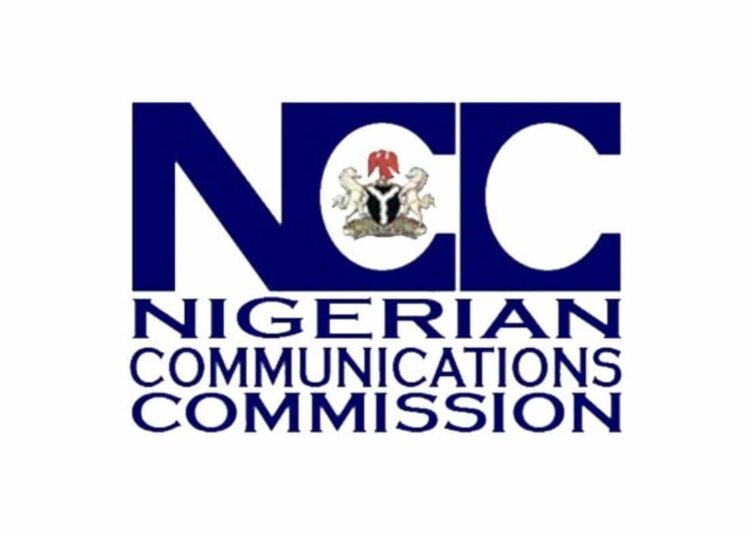The Nigerian Communications Commission (NCC) has approved a telecom tariff increase of up to 50%, but it has assured Nigerians that this adjustment will not apply equally to all network operators.
This means that while calls, SMS, and data prices are set to rise, the exact costs will vary depending on the operator. For example, call rates might increase from ₦11 to ₦16.50 per minute, SMS charges from ₦4 to ₦6, and 1GB of data could now cost ₦431.25.
Industry experts predict that this increase could boost telecom revenues significantly, with the potential to generate ₦6.7 trillion annually from call charges alone.
Speaking to reporters, NCC’s Director of Public Affairs, Reuben Mouka, explained that while operators have been allowed to raise tariffs, they are free to set their rates within the approved 50% limit based on their business strategies.
He said, “The adjustments are necessary because of rising costs in the sector caused by inflation, forex challenges, and high operational expenses. However, we will ensure these increases remain fair and transparent.”
Mouka added that operators must follow NCC guidelines to keep services affordable while maintaining quality. The Commission also promised to monitor the new prices closely to prevent exploitation of customers.
Despite the assurances, many Nigerians have expressed concerns about the higher costs. Comfort Dele, an online vendor, said, “If they want to increase prices, they should make sure the network quality improves too.”
The President of the National Association of Telecommunications Subscribers (NATCOMS), Adeolu Ogunbanjo, criticized the tariff hike as excessive. “A 50% increase is too much. They should have considered something between 5% and 10%,” he said.
Ogunbanjo suggested that telecom operators should look for other ways to raise funds, such as selling shares or resolving debts owed to banks, instead of overburdening subscribers. He also revealed plans to challenge the hike in court, adding, “Telecommunications are essential for business, education, and everyday life. This decision will hurt millions of Nigerians.”
For now, subscribers are advised to stay informed, report any unusual charges, and monitor how their service providers implement the new prices.




